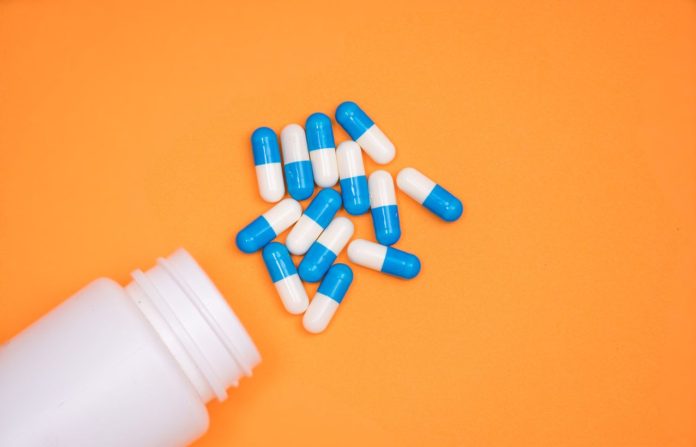New York– Researchers in the US are conducting a new clinical trial to determine if an oral cancer drug called ibrutinib can also help patients with cancer or other immunocompromised conditions recover from Covid-19.
Ibrutinib is an oral therapy in a class of drugs known as Bruton’s tyrosine kinase (BTK) inhibitors. These drugs work by blocking specific chemical reactions in the body involved in cellular processes.
“Ibrutinib targets and blocks a specific kinase related to lung inflammation,” said study researcher Jennifer Woyach from Ohio State University Comprehensive Cancer Center (OSUCC) in the US.
“So we believe it could have real potential to help decrease this inflammation by shutting down the inappropriate cytokine release we see in Covid-19–a sort of overreaction from the immune system that can cause many problems, including life-threatening respiratory challenges,” Woyach explained.
For this phase II clinical trial, the research team will enrol up to 78 patients with cancer or a precancerous condition who have been hospitalised as a result of a Covid-19 infection.
CenterUse of this drug is considered experimental for this study; however, ibrutinib is approved by the US FDA for the treatment of certain cancers, including mantle cell lymphoma, chronic lymphocytic leukaemia/small lymphocytic lymphoma and others.
According to the researchers, the preliminary data suggests ibrutinib has the potential to reduce rates of respiratory failure and death in Covid-19-infected patients.Patients will be monitored throughout study treatment with bloodwork to measure inflammatory markers, immune response and other bodily functions.
“Individuals with cancer or certain precancerous conditions can have lower immunity to diseases and infection, due to treatment or the nature of the disease,” said study researcher Zeinab El Boghdadly from the OSUCC.
“It is critically important that we perform clinical trials to try to improve COVID-19 care in these patients, because a COVID-19 infection can be even more dangerous for those who are immunocompromised,” Boghdadly added. (IANS)
















